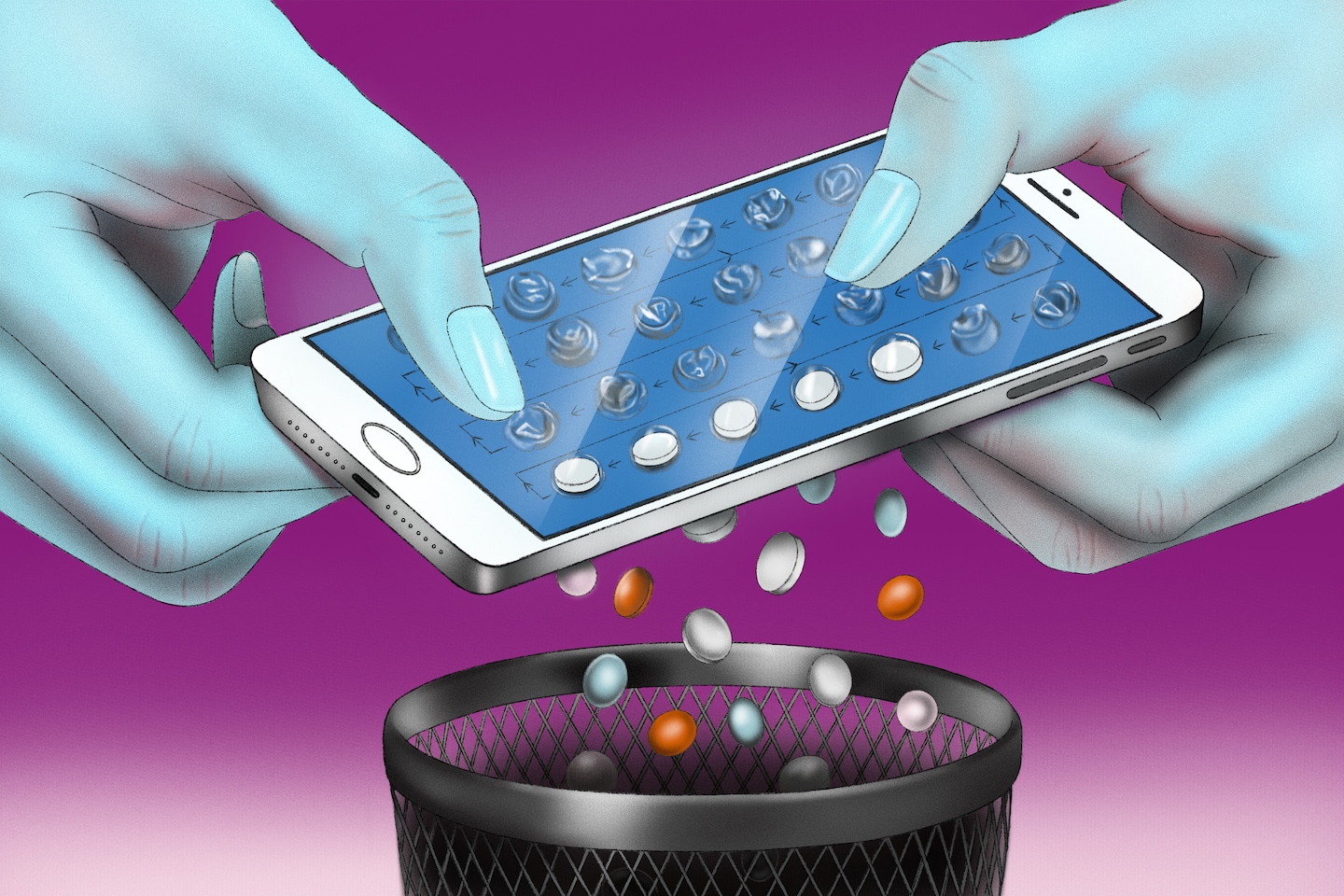Physicians say they’re seeing an explosion of birth-control misinformation online targeting a vulnerable demographic: people in their teens and early 20s who are more likely to believe what they see on their phones because of algorithms that feed them a stream of videos reinforcing messages often divorced from scientific evidence. While doctors say hormonal contraception — which includes birth-control pills and intrauterine devices (IUDs) — is safe and effective, they worry the profession’s long-standing lack of transparency about some of the serious but rare side effects has left many patients seeking information from unqualified online communities.


Have you ever used condoms? I’ve tried pretty much everything, and while the thin ones are a bit better than the thicker ones, they still reduce the feeling substantially. Men have been known to remove it in the moment, and women have been known to “consent” when they otherwise wouldn’t when they’re in the moment.
Pulling out in time isn’t reliable, and you can still get pregnant even if it’s done “properly” due to pre-cum. It’s just not something I’d recommend for anyone who aren’t in a position where they could get pregnant (e.g. stable relationship and whatnot).
I absolutely recommend condoms, but ideally they’d be used in addition to other forms of birth control and not be the only line of defense.
I prefer external contraceptive devices to internal ones. And I do not think there is an easy solution to this “feeling” problem. Better to take less risk than to get your partner pregnant when you do not want to. If you want the 2 minutes of reward, I guess the risk is going to be high.